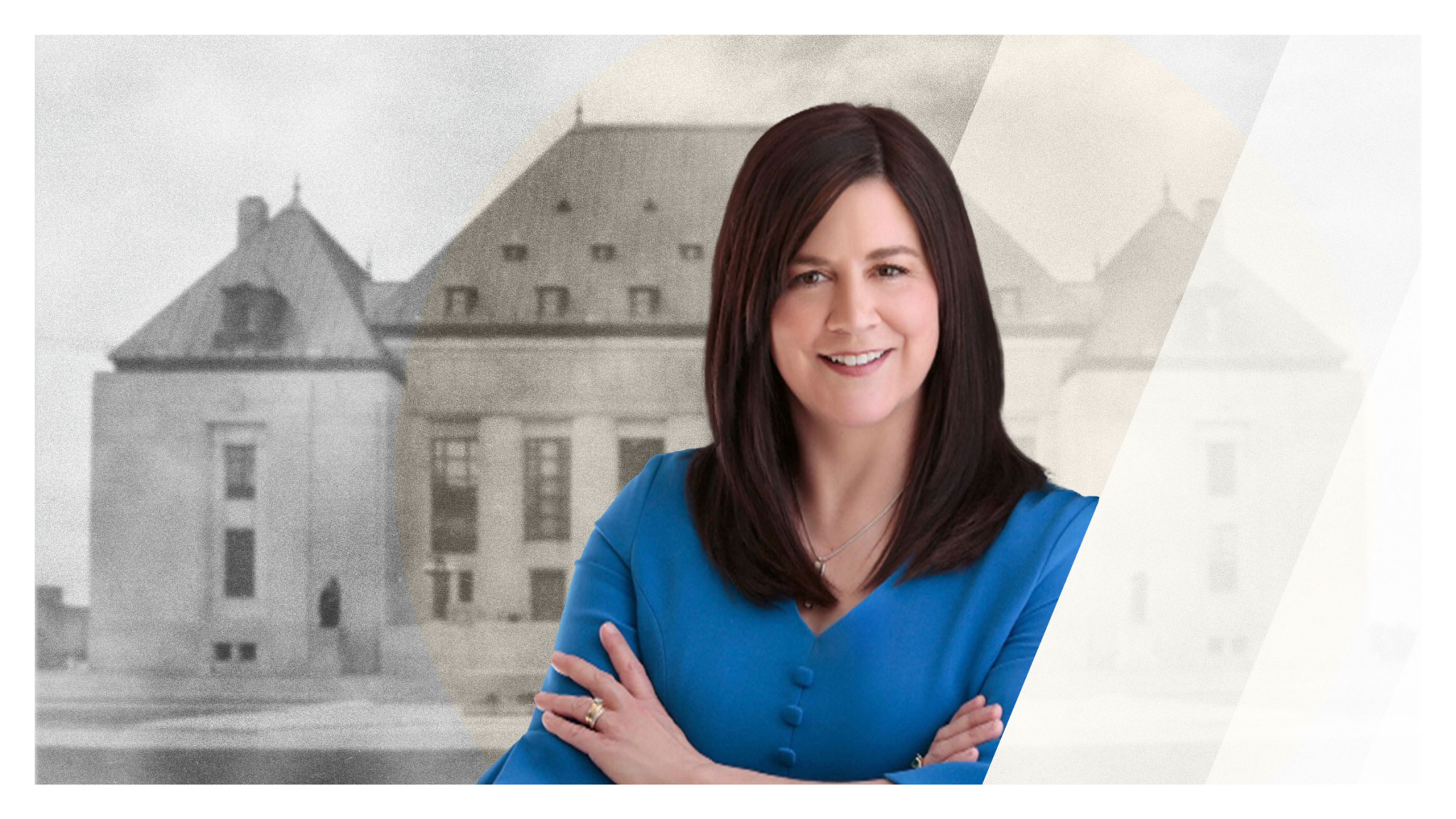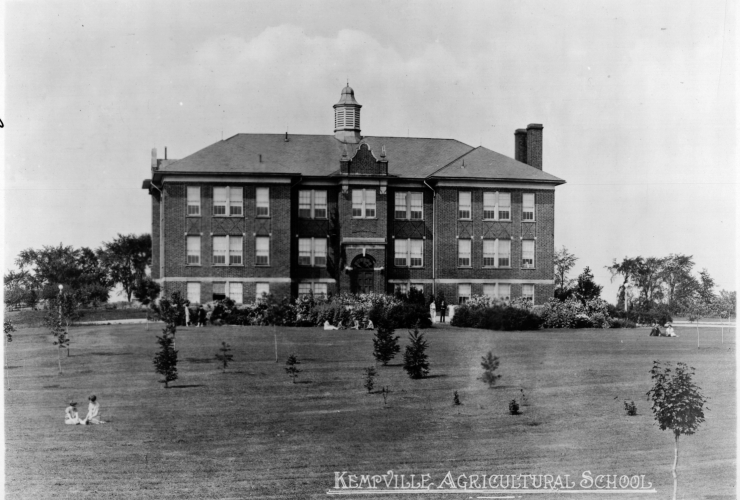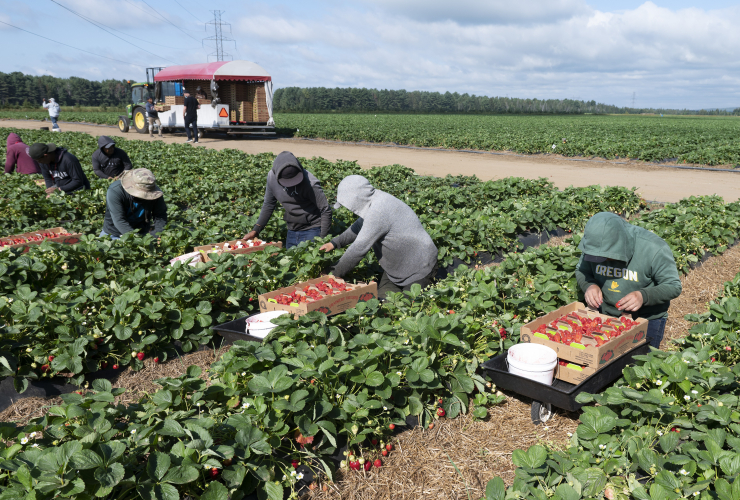At age nine, Michelle O’Bonsawin told her parents she was going to be a lawyer, and they were surprised. There had never been a lawyer in the family. She hung onto that ambition and in high school, told her guidance counsellor the same thing. He suggested she pick a different career, and told her becoming a lawyer was unlikely for a woman from a small French town in north Ontario.
O’Bonsawin held firm.
“No, this is what I’m going to do. Watch me,” she said in a video posted to the University of Ottawa, O’Bonsawin’s alma mater.
On Friday, O’Bonsawin was appointed to the Supreme Court of Canada by Prime Minister Justin Trudeau. She will become the first Indigenous woman to sit on the country’s highest court.
Education has always been key for members of the Odanak First Nation, a small community between Montréal and Québec City, says Chief Richard O’Bomsawin.
On Friday, as he learned his cousin was nominated to the Supreme Court, the chief was bursting with pride.
“To have one of our members reach that high goal is just amazing,” he says.
Before the appointment, O’Bonsawin spent five years with Ontario’s Supreme Court of Justice. O’Bonsawin is also coming off the heels of her defence of her PhD thesis in law, which she completed earlier this year at the University of Ottawa.
The thesis was on the application of the Gladue principles, which outline how judges consider the unique experiences of Indigenous Peoples and how they are affected by colonization and intergenerational trauma.
“She’s definitely the person for the job,” Chief O’Bomsawin says.
Growing up off-reserve in Hammer, Ont., near Sudbury, O’Bonsawin identifies as a bilingual Franco-Ontarian, according to a biography released by the Prime Minister’s Office.
In a required questionnaire posted by the Department of Justice, O’Bonsawin wrote about being discriminated against and bullied for being a young Indigenous girl who lived off-reserve, different from the larger francophone community.
O’Bonsawin’s world as an Indigenous person changed at the University of Ottawa. Her last name wasn’t laughed at, but recognized, and she became involved in Indigenous cases after joining the Indigenous Law Students Association, she writes.
“I have seen how the Indigenous perspective can be different from that of the rest of Canada’s population, while recognizing that all our unique perspectives are at the heart of our country,” O’Bonsawin writes.
The perspective is essential for proponents of Indigenous representation on the bench, including former lawyer and chair of the Truth and Reconciliation Commission Murray Sinclair and Indigenous Bar Association president Drew Lafond.
"It's very difficult to have confidence in the ability of the court to pronounce on those issues when you don't have any individuals at the court who spent their lives working in Indigenous laws, customs or traditions," Lafond told The Canadian Press. "Hopefully with Michelle's appointment, we can begin to change that."
O’Bonsawin is poised to join the bench on Sept. 1, filling the vacancy left by Justice Michael Moldaver.
Still, there is some hesitancy among critics over how much the appointment can change the broader view, particularly around constitutional change.
Her appointment will bring a different outlook, maybe not to change things, but to expand the minds on the Supreme Court bench, Chief O’Bomsawin says.
It’s a thought echoed by Russ Diabo, a First Nations policy analyst.
O’Bonsawin’s appointment is a step, but not a broad historical moment, Diabo says. The court is still an institution of the Canadian state, which has significant implications for Crown-Indigenous relations.
Diabo points to Bill C-92, whose purpose is to recognize Indigenous jurisdiction over child welfare. Québec has challenged the bill, citing overreach by the federal government in provincial jurisdiction.
The Québec court struck down sections 21 and 22(3) of the bill, which gave federal law the power to override provincial statutes regarding child and family services.
Bill C-92 will now head before the Supreme Court of Canada following a federal government and Québec appeal.
The decision will have broad implications for Section 35 of the Constitution, which recognizes and affirms the treaty rights of Indigenous Peoples.
“I think [the Supreme Court] will want her in that decision because that’s a major decision around the inherent right for self-governance,” Diabo says.
— With files from Marie Danielle-Smith
Matteo Cimellaro / Local Journalism Initiative / Canada’s National Observer
Since Michelle O'Bonsawin has
Since Michelle O'Bonsawin has all the right education and experience for the position, the PM has a fantastic opportunity to add a fresh prospective to the Supreme Court. There is absolutely no reason not to allow this appointment. It has been far too long for equality in the highest court in the land. Representation by all that live here is essential to growth, equality, peace, trust, and understanding how some laws need to be amended to fit the multicultural country known as Canada.
John C expressed my feelings
John C expressed my feelings exactly. I truly hope she doesn't get attacked by the alt right when the difficult decisions need to be made







Comments